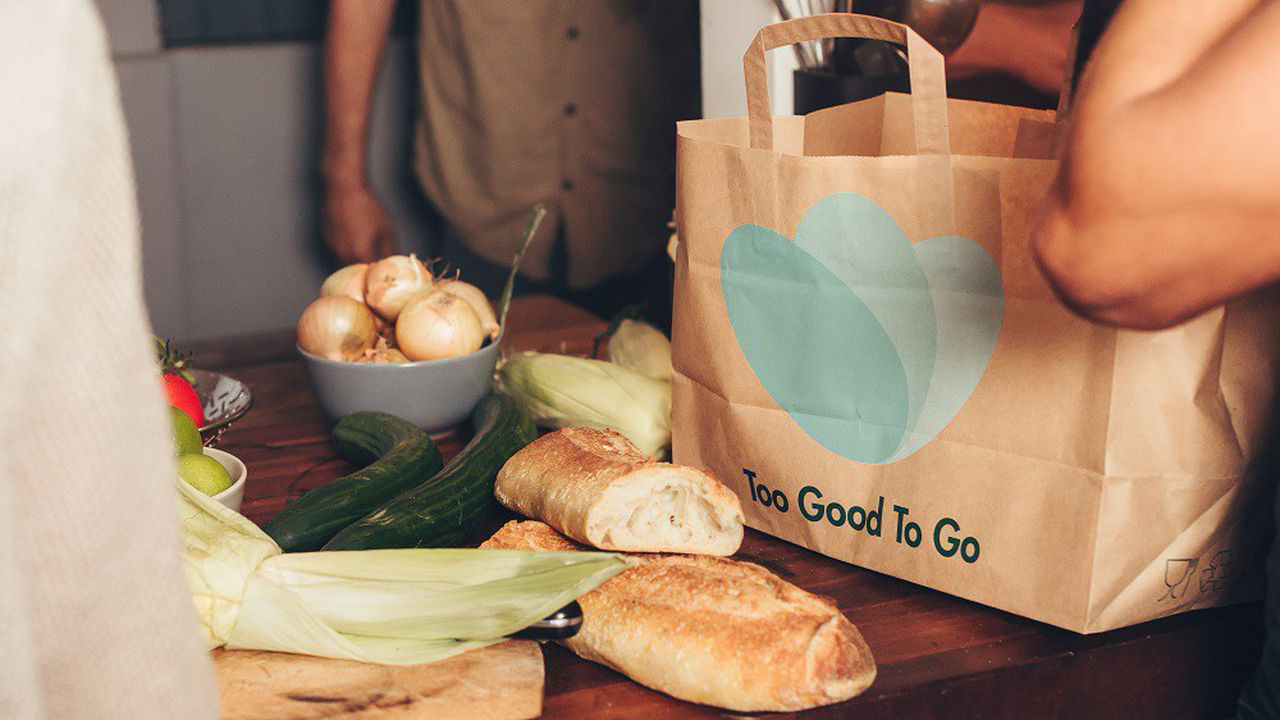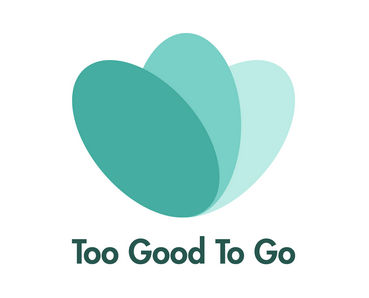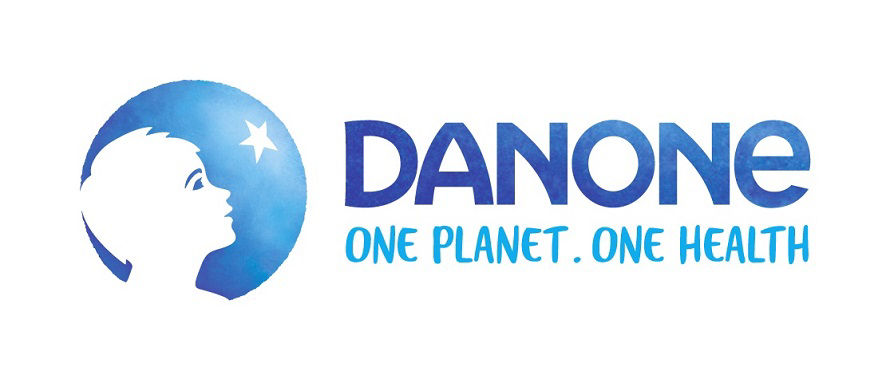
Food loss and waste happens when edible food is lost throughout the food value chain: at farm level, during processing and production, and at the end of the chain from shops or in consumers’ hands.
According to the U.N. Food and Agriculture Organization, 30% of food is wasted globally across the supply chain, contributing 8% of total global greenhouse gas emissions.A whopping 1.3 billion tons of food are wasted each year while 135 million people face acute hunger.[1]
Simply put, reducing food loss and waste will bring numerous benefits and can result in:
- increased food availability to the most vulnerable
- a reduction in GHG emissions
- reduced pressure on land and water resources
- an increase in productivity and economic growth
[1] SOURCE :UN World Food Program, April 2020
Gabriela Hernandez Galindo, Sustainability & Manifesto Director, tell us how Danone is acting to reduce reduce food waste.
How can our brands play a role in fighting food waste?
Brands have a role to play in engaging with consumers to educate and inspire on how to reduce food waste within their own homes.
One option is to bring innovations that reduce food waste by reusing surplus. Danone aux fruits d’ici in France is a great example of what we can do. As farmers were struggling with strawberries surplus during COVID-19, we took action by saving this surplus to launch a limited edition “Solidarity Gariguette 2020” in partnership with one of our retailers, Carrefour.
Partnering with foodbanks, tech startups, food redistribution networks, is also a way to bring more impact in food waste while helping people living in poverty. That’s why we work with local food banks and have signed an agreement with the Global Food Banking Network, a non-profit organisation. This way, we reinforce our action in many countries through our businesses and our brands like Danone in Spain who has partnered with the Spanish food bank, Health Warriors movement and the Red Cross to help one million children in need.
How can we act together with partners and consumers?
We join coalitions like Friends of Champions 12.3 - gathering leaders across government, business and civil society – that are dedicated to accelerating progress toward achieving SDG 12.3: to halve food waste by 2030 worldwide. We have also joined the 10X20X30 Initiative that brings together 10 of the world’s biggest food retailers and providers to reduce the staggering amount of food that is discarded every year.
When it comes to consumers, they have a role to play in fighting food waste, but they can’t do that alone. That’s why we have joined Too Good To Go to help people cut food waste at home. We take actions with consumers through education and inspiration, for example on food labels and teaching them when food is safe to eat. We want to help them better understand what date labels mean, and we believe that simplifying food date labels is an effective way to reduce the amount of edible food thrown out by households. Therefore, we support initiatives aiming to improve and harmonise food date labelling and, together with our partner, we implement initiatives at scale, starting with Danone Germany, France and Spain.

In the UK
Helping consumers reduce food waste in their homes
To help reduce food waste in the home, we are moving from 'Use by' to 'Best before' dates on our fresh yogurts. We are working with social impact company, Too Good to Go, to increase consumer knowledge and confidence about the difference between these consumption dates.
Reducing food waste in operations by 50%
We support WRAP's Target Measure Act Food Waste Reduction Roadmap to reduce food waste by 50% across our operations by 2030 (based on a 2019 baseline).
Supporting people in need
We support people within our communities by redistributing food that would have gone to waste to those who need it most through supporting food banks. In 2020, we donated over 250 tonnes of products to charities, through partnerships with Neighbourly, Fareshare and Company Shop in the UK.
